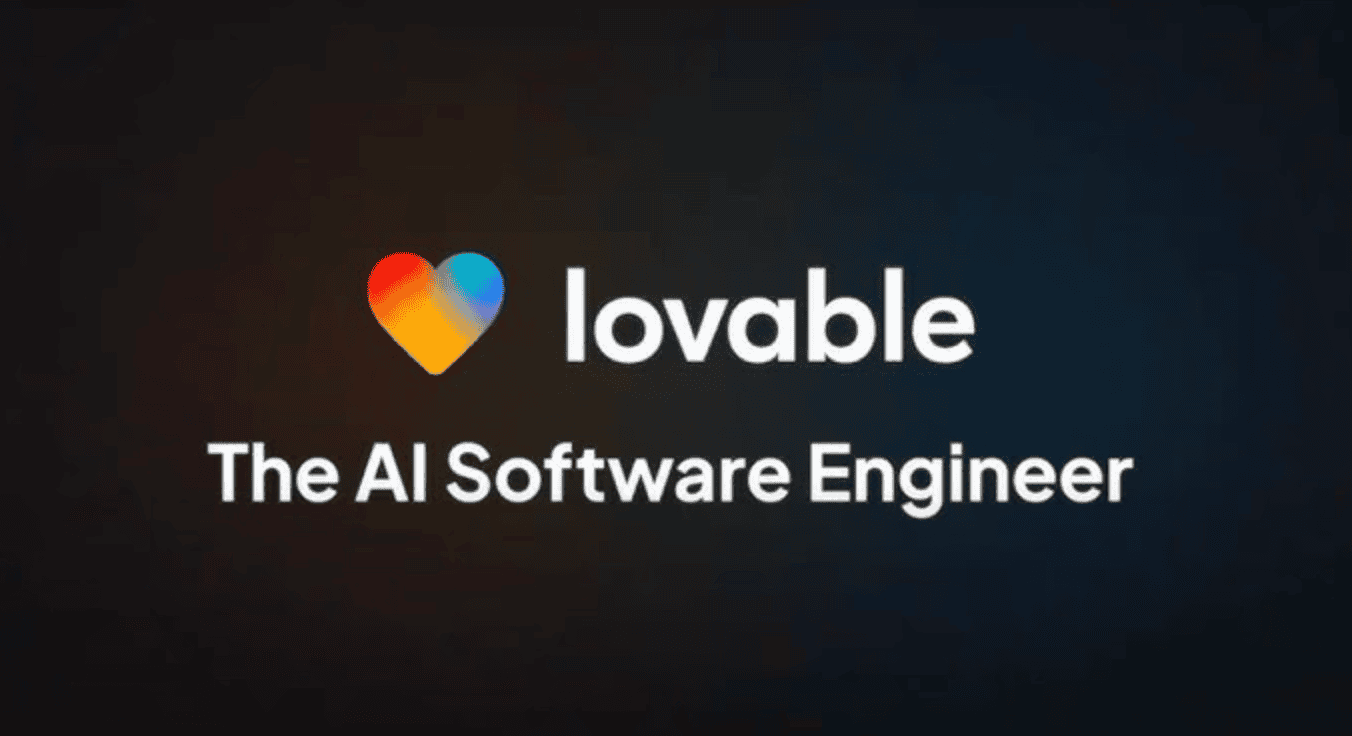Empowering Educators: How AI and Teachers Collaborate in Education

As the realm of education undergoes a profound transformation driven by technological advancements, the integration of Artificial Intelligence (AI) presents both opportunities and challenges. The projected growth of the global AI in education market, expected to exceed $5.57 billion by 2024 and potentially reach $30 billion by 2032, underscores the growing importance of AI in shaping the future of learning. Amidst discussions about the role of AI in education, it is essential to recognize its potential to empower educators while acknowledging the irreplaceable value of human teachers in the classroom. Let’s delve into how AI can benefit teachers without overshadowing their indispensable role in education.
Addressing Apprehensions about AI in Education
The advent of AI in education understandably evokes concerns about job displacement, the erosion of human connection, and potential biases in algorithms. However, it is essential to approach these concerns with nuance and recognize that AI serves as a tool to augment rather than supplant human educators. While AI excels in data analysis and automation, it cannot replicate the empathy, creativity, and personalized guidance provided by teachers.
Empowering Educators through AI
Far from relegating teachers to the sidelines, AI empowers educators by streamlining administrative tasks, personalizing learning experiences, and facilitating data-driven insights. AI-powered grading systems alleviate the burden of manual assessment, allowing teachers to focus on individualized instruction and mentorship. Moreover, AI analytics provide valuable insights into student progress, enabling educators to tailor their teaching strategies to meet diverse learning needs effectively.
Personalized Learning and Differentiated Instruction
One of the most significant benefits of AI in education is its ability to facilitate personalized learning experiences and differentiated instruction. By analyzing student data and learning preferences, AI algorithms empower teachers to customize learning pathways and adapt instruction to each student's unique strengths and weaknesses. Furthermore, AI ensures inclusivity by providing support for students with diverse backgrounds and learning abilities, thereby promoting equity in education.
Preserving the Human Touch in Education
While AI enhances efficiency and scalability in education, it cannot replace the essential human elements of teaching and learning. Teachers play a pivotal role in fostering critical thinking skills, nurturing social-emotional development, and inspiring a lifelong love of learning. The mentorship, encouragement, and empathy provided by teachers create a supportive learning environment that transcends the capabilities of AI.
Fostering Collaboration between AI and Teachers
The future of education lies in harnessing the synergies between AI technology and human expertise. As AI continues to evolve, educators must embrace opportunities for professional development and collaboration to effectively integrate AI into their teaching practices. By leveraging AI as a tool for innovation and enhancement, teachers can elevate the quality of education and empower students to thrive in an increasingly digital world.
Conclusion: Embracing the Promise of AI in Education
As we navigate the evolving landscape of education, it is essential to strike a balance between technological innovation and human-centered pedagogy. AI holds immense potential to revolutionize teaching and learning, but its success ultimately depends on the collaborative efforts of educators, policymakers, and technology developers. By embracing AI as a partner in education and preserving the invaluable contributions of human teachers, we can create a future where every student receives personalized, equitable, and empowering learning experiences.



